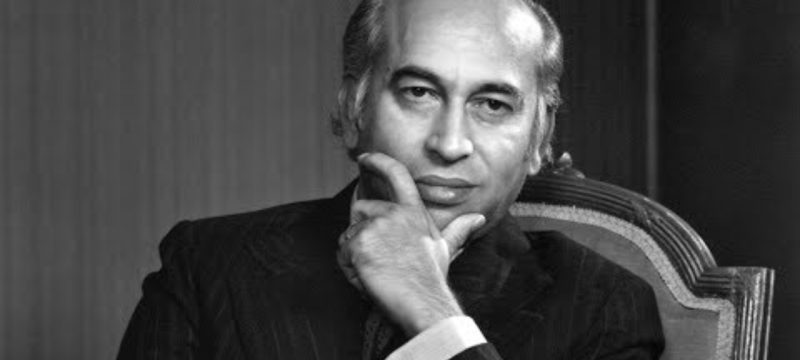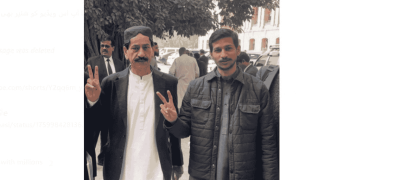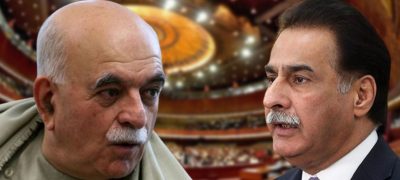Today marks the 97th birth anniversary of Zulfikar Ali Bhutto, the former prime minister and founder of the Pakistan Peoples Party (PPP). Tributes are pouring in from across the country to honor his enduring legacy as a visionary leader who reshaped Pakistan’s political and social landscape.
President Asif Ali Zardari, in a statement, hailed Bhutto as a statesman of “unparalleled intellect, courage, and charisma.” Zardari emphasized Bhutto’s significant contributions, particularly his pivotal role in drafting the 1973 Constitution, which laid the foundation for Pakistan’s parliamentary democracy. He also recognized Bhutto’s leadership in initiating Pakistan’s nuclear program, strengthening the country’s sovereignty and security.
Also Read: Pakistan Marks 148th Birth Anniversary of Quaid-e-Azam Muhammad Ali Jinnah
In his tribute, Zardari further acknowledged Bhutto’s dedication to improving the lives of the underprivileged. He highlighted Bhutto’s land reforms, labor rights measures, and the creation of public-sector enterprises, which uplifted millions of Pakistanis. Bhutto’s contributions to education, including the establishment of Allama Iqbal Open University and his focus on technical education, also had a lasting impact on society.
“The economic and social reforms brought by Bhutto transformed lives and set the foundation for progress and development,” Zardari said. He also noted that Bhutto’s sacrifices have immortalized him as a symbol of resistance and resilience, with his dream of a progressive, inclusive Pakistan remaining relevant today.
The PPP has organized several events to commemorate Bhutto’s legacy, including floral wreath-laying ceremonies at his grave and special prayers. Party leaders and supporters have lauded his role in empowering citizens with the right to vote and his central role in shaping the nation’s future.
Born on January 5, 1928, Bhutto’s educational journey took him to the University of California, Berkeley, and Oxford University. He began his political career as the youngest minister in Ayub Khan’s cabinet and went on to establish the PPP in 1967, setting the stage for Pakistan’s future political trajectory.









